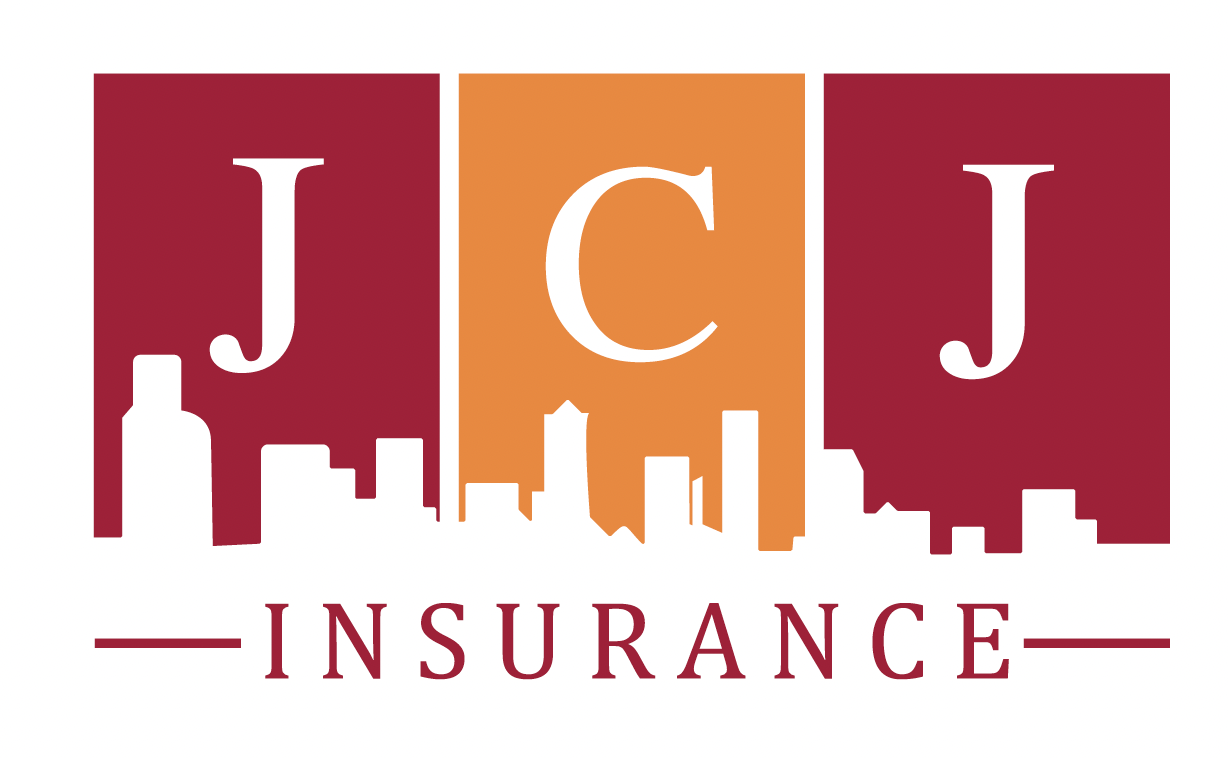By Mark Jackson and Erin Johnson, JCJ Insurance Agency
The tragic collapse of the Champlain Tower in 2019 prompted Florida lawmakers to create a mandatory inspection bill aimed at preventing future catastrophes and unnecessary loss of life. In May 2022, the Florida legislature used an emergency special session to pass Senate Bill 4D, which establishes a statewide structural inspection program for condos and cooperatives. The bill mandates Milestone Structural Inspections and Structural Integrity Reserve Studies to ensure that buildings are safe and properly funded for future use. Below is a brief overview of the bill and why this is important for licensed architects and engineers.
SB-4D requires condos and cooperative associations to conduct Milestone Structural Inspections to determine the safety and structural integrity of buildings that are three or more stories and 30 years or older (25 years or older if they are within 3 miles to the coast). These inspections must be performed by December 31st of the year they turn that age, and then every 10 years after. The law also states that condo and cooperative associations must conduct Structural Integrity Reserve Studies to analyze the reserve funds needed by the association for future major repairs and replacement of the common areas based on a visual inspection of items including the roof, plumbing, and waterproofing components. The Structural Integrity Reserve Studies must be completed by December 31, 2024, and every 10 years thereafter. SB-4D mandates that these inspections are performed by a licensed architect or engineer.
This new law increases the demand for design professionals to perform inspection services, however, there are risks involved. Design Professionals who conduct these services face significant liability exposure due to the critical nature of their work. Your assessments can have substantial implications for the safety and integrity of structures, as well as potential financial consequences for clients and stakeholders, including homeowners. Risk versus reward must be considered – inspection services have the potential for high risk for relatively limited fees.
Furthermore, Florida’s Statute of Repose (recently reduced in April 2023 from 10 to 7 years), may not offer protection for design professionals providing inspection services. Florida’s Statute of Repose specifically deals with claims arising from latent defects with the construction or design of real property and establishes an absolute deadline for bringing a lawsuit. A May 2019 appellate court ruling narrowed the Statute of Repose’s interpretation stating that an engineer who provided an inspection for a newly constructed home did not design, plan, or construct the house and therefore was not shielded by the statute of response. This now leaves inspectors potentially liable for claims arising from post-construction services for an unlimited time frame.
Design firms need to be diligent to minimize their exposure to professional liability claims related to building inspections. To mitigate risk, firms should consider incorporating the following best practices and contract provisions.
Negotiate a Fair Contract: You can protect the firm with a properly drafted contract with the owner or association. You should include a Limitation of Liability clause, proper Indemnity language, a detailed Scope of Services, and a Disclaimer for any remedial work. The Coalition of American Structural Engineers (CASE), the first established coalition within ACEC, offers a great resource in their sample contract “Agreement between Client and Structural Engineer for a Structural Condition Assessment.” We also recommend that you consult with legal and insurance professionals to further protect your interests.
Detailed Scope of Services: Your scope of services can be instrumental in determining whether or not you are responsible for an alleged claim in the future. Your scope of services should be clearly defined and documented in the contract. It should include the services that you will provide and list the services that are excluded from your scope of work. If you are performing a limited visual inspection and not an extensive analysis or destructive testing, this must be stated in your agreement.
Understand the law: There are provisions of the new law that place requirements upon the condos and cooperatives to make necessary repairs for structural integrity. Upon completion of a Milestone Structural Inspection, the architect or engineer must submit a sealed report to the building official of the local government. If substantial structural deterioration is identified, the law requires repairs to be completed no later than three hundred sixty-five days after a Phase II report is received.
Client’s Responsibility: As important as it is for you to understand the law, we recommend that you set expectations with your client and include their responsibilities in the contract. Your contract should state that it is the client’s responsibility to implement any corrective measures and that the client will indemnify and hold you harmless if they do not make the necessary repairs. It is important to state that you are only responsible for the services outlined in your scope of work and you are not responsible for inspections of remedial work performed unless contracted to do so.
Miscommunication and Documentation: Documentation is your best defense if you are ever involved in a claim. Inaccurate or unclear communication in inspection reports, recertification documents, or conversations with clients can lead to misunderstandings, disputes, and potential legal actions.
Qualified Personnel: While the law requires the inspections to be performed by an architect or engineer, your firm must have the necessary qualifications to perform these services in accordance with the generally accepted standard of care. A structural engineer may not be the best qualified professional to provide opinions on waterproofing in a Structural Integrity Reserve Study, nor should an architect be providing opinions on structural loads.
If you are performing inspections services, we recommend consulting with legal and insurance experts to address specific liability concerns. By taking these precautions, architects and engineers can minimize their liability exposure and provide reliable and responsible building inspection services in Florida.
